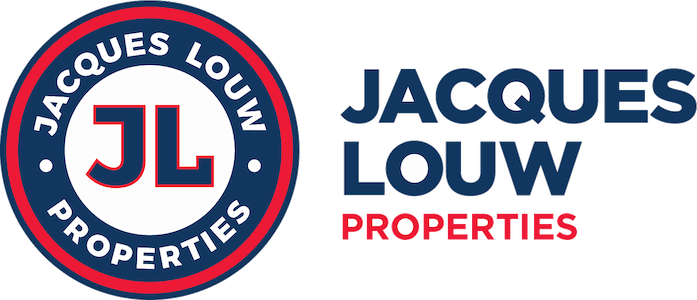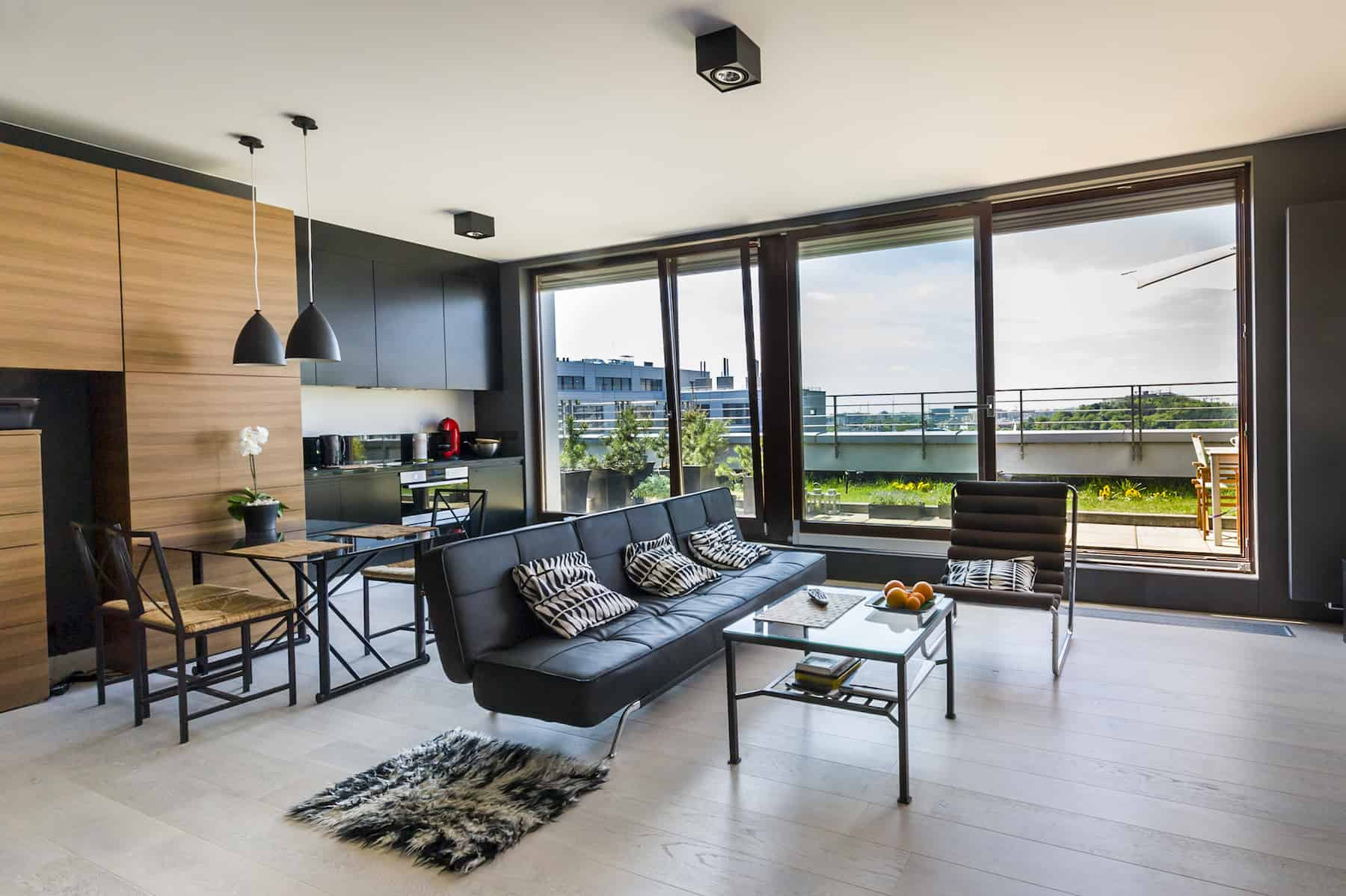Despite the pain of load shedding and high electricity prices, most buyers in South Africa do not want to pay a premium for backup power systems.
According to the FNB Estate Agents Survey for Q3 2023, 75% of surveyed agents noted an increase in the backup electricity systems.
These installations are more prevalent in the higher-priced segments compared to 81% in the traditional market.
“In our view, this reflects affordability across the income scale, and higher-income homeowners have superior access to funding options,” FNB said.
However, FNB said there hasn’t been widespread demand for properties with alternative energy solutions.
64% of agents said that pre-installed energy systems are not important for prospective buyers.
“At first, this may seem counterintuitive, given the disruptiveness of load-shedding and the increased investment into alternative energy sources by households and corporates alike. However, the truth is more nuanced,” the bank said.
56% of agents in the affordable market said that alternative energy systems are a consideration for buyers, whilst only 30% believe that a solar installation is an important consideration in the traditional market.
“This means that wealthier households are more indifferent, likely because they have superior
access to savings and funding options, and therefore can always install these themselves with relative ease, allowing for customisation.”
“In addition, customisation allows these prospective buyers to eliminate the risk of information asymmetry. Solar systems depreciate over time and require regular maintenance for optimal performance.”
“Thus, having greater control of the type and quality of the installed system would give these buyers peace of mind.”
On the other hand, lower-income households have far fewer funding options, meaning they would rather buy a house with a pre-installed solar system.
In lower- to middle-income areas, security concerns during load-shedding hours are also a bigger concern, leading to the desire for backup power.
How much will people pay
74% of agents also said that buyers are not willing to pay a premium for a solar system, with only 18% in the traditional market saying buyers will spend a premium.
“The low willingness to pay a premium could also be influenced by the high-interest rate environment.”
However, this increase to around 50% of agents in the affordable market.
Of those willing to pay, the estimated average premium for a solar-installed home is R79,000 and varies per price band.
In the affordable market, the average premium is roughly R25,000, which rises to R126,000 in the traditional market.
69% of agents also estimated that the solar premium is within the 0-5% range of the purchase prices, while 22% believe it is within the 6-10% range.
13% of agents in the affordable market said that the s
Solar isn’t doing what it’s supposed to in South Africa
Despite the pain of load shedding and high electricity prices, most buyers in South Africa do not want to pay a premium for backup power systems.
According to the FNB Estate Agents Survey for Q3 2023, 75% of surveyed agents noted an increase in the backup electricity systems.
These installations are more prevalent in the higher-priced segments compared to 81% in the traditional market.
“In our view, this reflects affordability across the income scale, and higher-income homeowners have superior access to funding options,” FNB said.
However, FNB said there hasn’t been widespread demand for properties with alternative energy solutions.
64% of agents said that pre-installed energy systems are not important for prospective buyers.
“At first, this may seem counterintuitive, given the disruptiveness of load-shedding and the increased investment into alternative energy sources by households and corporates alike. However, the truth is more nuanced,” the bank said.
56% of agents in the affordable market said that alternative energy systems are a consideration for buyers, whilst only 30% believe that a solar installation is an important consideration in the traditional market.
“This means that wealthier households are more indifferent, likely because they have superior
access to savings and funding options, and therefore can always install these themselves with relative ease, allowing for customisation.”
“In addition, customisation allows these prospective buyers to eliminate the risk of information asymmetry. Solar systems depreciate over time and require regular maintenance for optimal performance.”
“Thus, having greater control of the type and quality of the installed system would give these buyers peace of mind.”
On the other hand, lower-income households have far fewer funding options, meaning they would rather buy a house with a pre-installed solar system.
In lower- to middle-income areas, security concerns during load-shedding hours are also a bigger concern, leading to the desire for backup power.
How much will people pay
74% of agents also said that buyers are not willing to pay a premium for a solar system, with only 18% in the traditional market saying buyers will spend a premium.
“The low willingness to pay a premium could also be influenced by the high-interest rate environment.”
However, this increase to around 50% of agents in the affordable market.
Of those willing to pay, the estimated average premium for a solar-installed home is R79,000 and varies per price band.
In the affordable market, the average premium is roughly R25,000, which rises to R126,000 in the traditional market.
69% of agents also estimated that the solar premium is within the 0-5% range of the purchase prices, while 22% believe it is within the 6-10% range.
13% of agents in the affordable market said that the solar premium could go over 15% of the purchase price.
“In part, this reflects the statistical impact of the relatively lower prices and the inherent supply shortages in this segment, let alone properties with installed solar systems. This often leads to bidding wars among buyers.”
“By contrast, none of the interviewed agents in the traditional market had witnessed such a high premium.”
olar premium could go over 15% of the purchase price.
“In part, this reflects the statistical impact of the relatively lower prices and the inherent supply shortages in this segment, let alone properties with installed solar systems. This often leads to bidding wars among buyers.”
“By contrast, none of the interviewed agents in the traditional market had witnessed such a high premium.”

